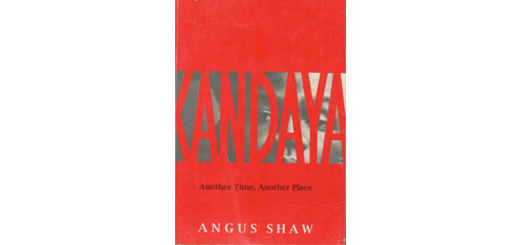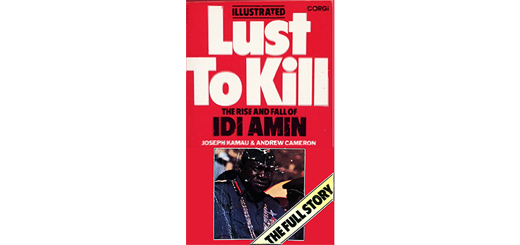Odd man out, but what did he bring from India?
So what does it matter if Mr Mugabe didn’t wear the traditional  Indian attire like all the other heads of state in the photo line-up at the just ended Africa India summit in New Delhi? So what if he appeared to stumble on the shallow step up to the podium and had to be helped regain his balance by Prime Minister Modi?
Indian attire like all the other heads of state in the photo line-up at the just ended Africa India summit in New Delhi? So what if he appeared to stumble on the shallow step up to the podium and had to be helped regain his balance by Prime Minister Modi?
What would more helpful to know is what Mr Mugabe brought back from the talkfest on India’s commitment to development in Africa and Zimbabwe.
Is Indian steel giant Essar coming back to the defunct Zimbabwe Iron and Steel Company at Redcliff after nearly eight years of failed investment negotiations? Are the Indian pioneers of making cheaper generic drugs coming in to revive the dormant local pharmaceuticals industry – once the envy of the entirety of sub-Saharan Africa – that now is only allowed to produce vitamin tablets because of its ancient machinery and outdated health and safety standards?
Crikey, not likely – unless politicians and officials start singing from the same hymn sheet on indigenisation and empowerment.
The much bragged-about Chinese ‘mega deals’ are still pie in the sky. As Pepsico – the original Pepsi Cola people now possibly the largest food processing company in the world, owners of Nabisco and many other global brands – put it when they were looking to invest in Zimbabwe, they didn’t get to where they are – beginning with selling Pepsi Cola in China during Richard Nixon’s era of so-called ping-pong diplomacy – by giving away 51 percent of the business.
One foreign investor – admittedly a ‘carpet-bagger’ who wanted to get into Zimbabwe when the economy is on its knees and he could pick up assets that are going begging – has spent six weeks in his hotel, waiting to see ministers and officials who would allow him to bring his money to Harare. He gave up and went to Burkina Faso where he was met at the airport by an official car, there were pencilled alterations to his emailed project proposal which he was asked to look at by noon the next day; by the close of business that day the deal was retyped and signed to everyone’s satisfaction.
At the Harare airport the other day, an Arab investor with oodles of money was turned away because of a perceived irregularity on his visa.
The Mo Ibrahim African Leadership Foundation, in its latest economic report, noted that Zimbabwe now has about 700,000 people in formal employment – about the same as in 1968, 12 years before independence. For reasons of uncompetitiveness, neglect and, more recently, severe electricity and water cuts, industry is running at 34 percent of its former capacity. Thus, conservatively, 66 percent of the industrial workforce has been laid off.
Industry minister Mike Bhima must be barking up the wrong tree when he says a new National Competitiveness Commission can help turn this around.
The latest World Economic Forum Global Competitiveness Index put Zimbabwe right down at rank 125 out of 140 countries listed, but up from 131 in the 2013-14 index.
Whoopee. In the 2015-16 index, Zimbabwe climbed above violence-plagued Pakistan, Mali, confronting Islamic militants, Swaziland, Liberia, Madagascar and Myanmar, the former military dictatorship of Burma, now ranked in the 131st spot.
Myanmar’s new purges against the minority Muslim Rohingya have led to the largely overlooked ‘boat people’ refugee emergency, worse in most respects of suffering and death than what is being seen in the Mediterranean and elsewhere.
Even democrat Aung San Suu Kyi is in a bind now; she can’t speak up for the Rohingya minority without alienating majority Buddhist voters in general elections next week.
Nor will the West. There’s too much offshore oil and natural gas still to be exploited off the Myanmar coast, waiting to lift the country up the competitiveness index next time around and end its dependence on heroin exports that made the rich richer and the poor poorer.
It’s a great pity, then, that Zimbabwe’s diamonds have been pillaged and there’s not much left to get competitive about.


